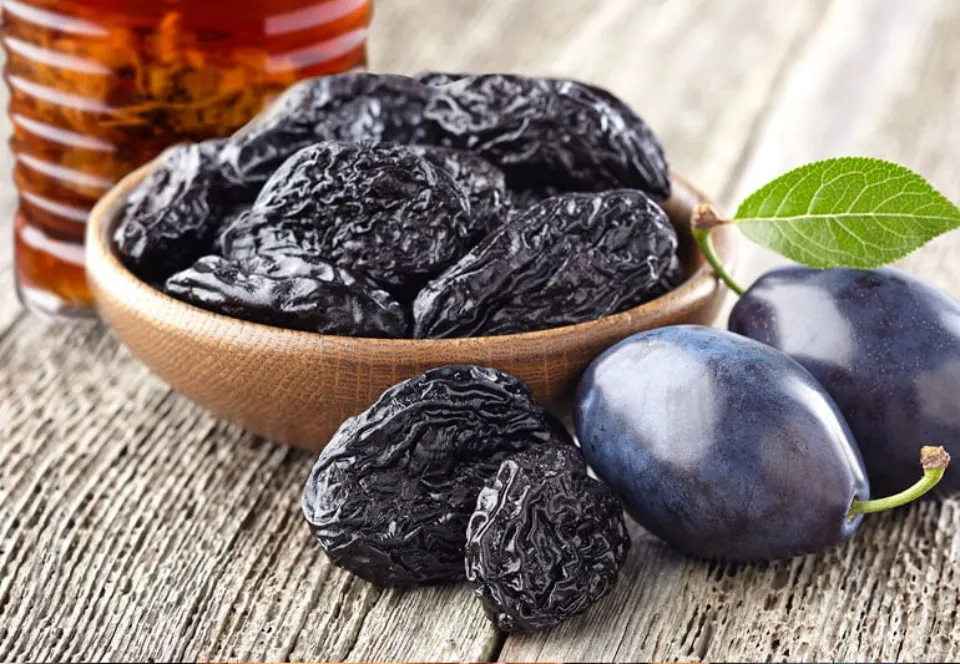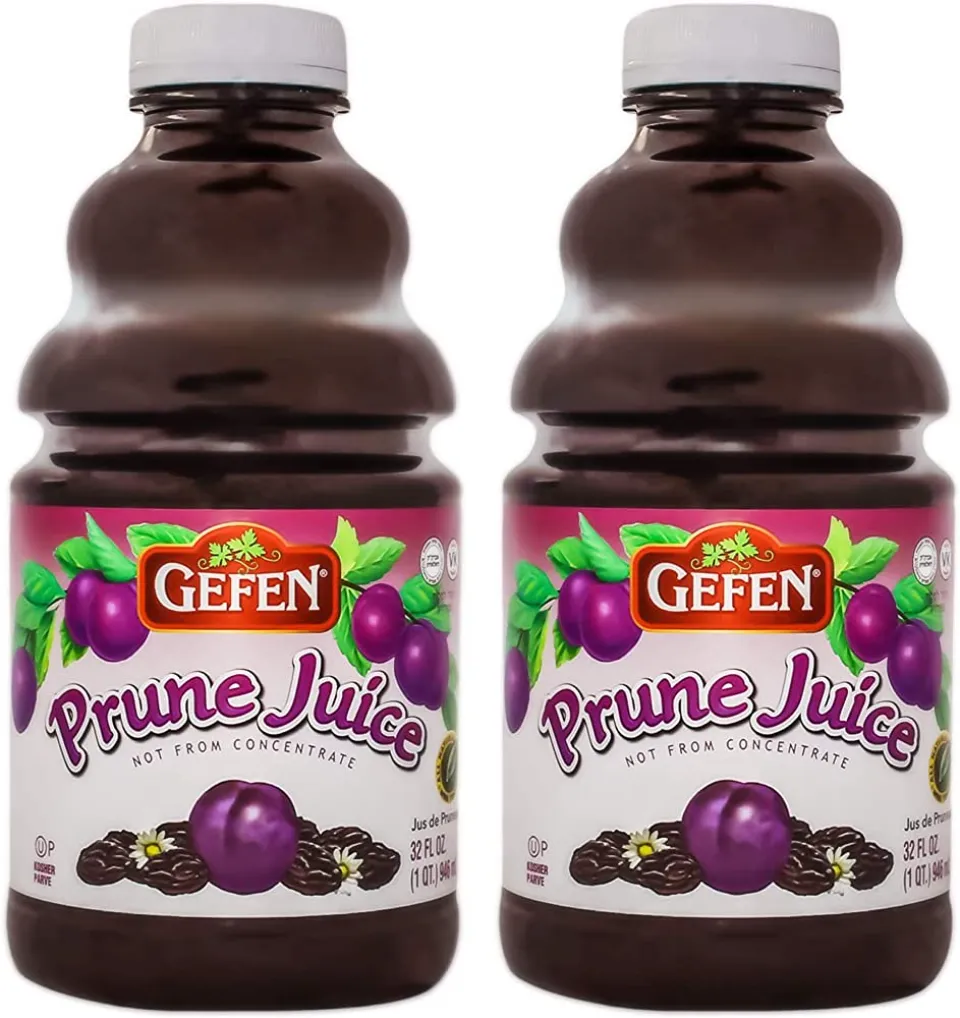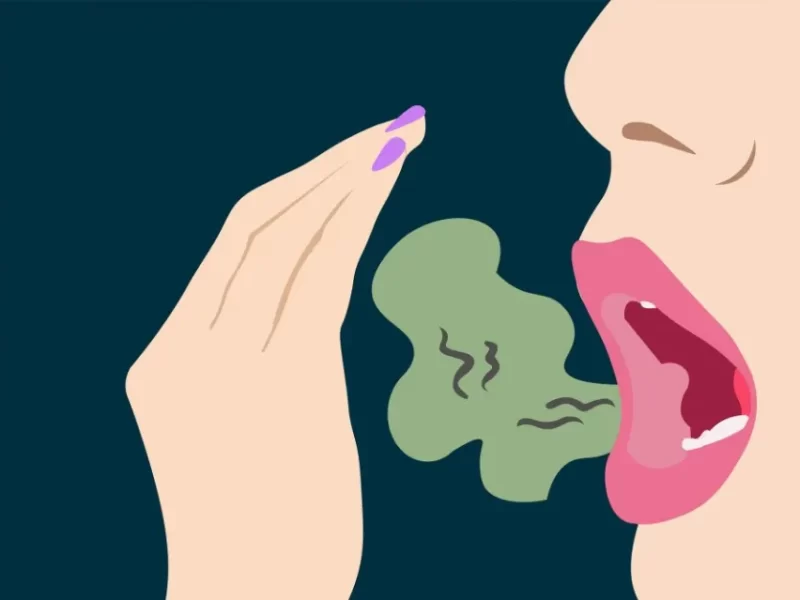Constipation is frequently treated or prevented by dietary and lifestyle changes. According to research, this may involve consuming prune juice.
Low levels of activity, dietary factors, medical conditions, and certain treatments are just a few of the causes of constipation.
Especially for sporadic constipation, home remedies are frequently the first line of defense. The most well-liked natural remedies include prune juice.
In this article, we’ll talk about how prune juice work for constipation.
Related: How to Relieve Constipation from Antacids: 5 Methods – Elder VIP
Prunes Vs. Prune Juice

Prunes, which are dried plums, are used to create prune juice by manufacturers. Although eating whole prunes may be just as effective, prune juice seems to have some advantages for those who are constipated.
According to a 2018 study, individuals with low fiber intake who ate 80 or 120 g of prunes daily had heavier and more frequent stools than those who did not.
Gut health is indicated by the weight of the stool and regular bowel movements. The prunes’ consumption by humans had no negative effects.
Prunes contain more than double the amount of sorbitol than prune juice, at 11.2–15.5 g of sorbitol per 100 g of dried fruit. Prunes contain more fiber than other fruits, which helps stools move through the digestive system.
A 100-g serving of prune juice provides 1 g of fiber, while a serving of 10 prunes (around 100 g) contains 7.1 g of fiber.
In other words, 10 prune provides around a quarter of the daily 28–34 g of fiber recommended for adults by the Dietary Guidelines for Americans 2020–2025.
Does Prune Juice Help With Constipation?
Hannah Whittaker, Registered Dietitian, says, “For constipation, prune juice is a wonderful remedy.” It has specific nutrients and chemical elements that make it a potent laxative. What makes prune juice so potent at treating constipation is revealed in the following information.
- Because it contains a lot of sorbitol, prune juice works well as a laxative. Sorbitol is not quickly absorbed in the gut like other sugars like fructose, glucose, and sucrose are. It prevents the colon’s water from being absorbed by remaining in the gut. As a result, it lessens stools’ degree of dehydration and combats constipation.
- Prunes are also known for their high fiber content. Choose prune juice that contains the pulp if you want to give your body the extra fiber it needs to treat constipation. Without being absorbed in the intestines or decomposing, this nutrient moves through the digestive system. The stools become softer and more voluminous as a result of it drawing water to them.
- The phenolic compounds present in prune juice act as antioxidants that protect your body against cell aging and oxidative stress. The fact that phenolic compounds act as stimulating laxatives makes them useful for treating constipation. This causes the colon to move the stools more quickly, which keeps them from becoming dehydrated.
Evidently, a large body of actual scientific research supports the effectiveness of prune juice as a homeopathic remedy for constipation. Pruning juice causes contractions that prompt bowel movement while also increasing the volume of fluid that stays in stools, according to research. Make use of these powerful prune juice remedies to get rid of constipation.
How does Prune Juice help?
Prune juice, a tangy, tart purple elixir, has a well-known reputation for helping people get rid of toxins. That is the conclusion of numerous studies. (Check out this research that found prune juice “significantly increased” pooping.)
Pruning juice doesn’t magically cause and cure constipation, either. It pertains to biology.
The sugar alcohol and carbohydrate sorbitol is abundant in prune juice, according to Dr. Garg, there are prune-making varieties of plums on that list of fruits as well as dried-up varieties.
By bringing water into your colon, sorbitol aids you in the fight against constipation. By softening the hard, lumpy stools that are clogging your system, this moisture also has a laxative effect.
Additionally, prune juice contains a lot of fiber, which helps to speed up the passage of feces through the intestines and improve bowel function.
In fact, studies suggest that when it comes to increasing stool frequency and consistency, prune juice may be superior to psyllium (a fiber laxative found in many over-the-counter medications).

How Long Does It Take for Prune Juice to Work?
Prune Juice to Make Infants Poop
The Mayo Clinic advises giving prune juice in doses of 2-4 ounces per day to infants who are constipated. Depending on how your baby responds to the sugar, sorbitol, and fiber present, you can anticipate relief from this within 6–12 hours.
Be aware that giving infants more than what they need can cause them to have diarrhea. Additionally, prior to adding prune juice to your baby’s diet, you should get a doctor’s okay.
Prune Juice to Make Toddlers Poop
Toddlers are anticipated to be more resistant to prunes than infants. You can begin giving children under four years old half a cup of prune juice each day, preferably in the morning. If the child only exhibits mild constipation, this dosage should normalize their digestion and induce bowel movements within 24 hours.
If there are no improvements, you might need to keep taking the medication for up to three days or a week. Increasing the dosage by a quarter cup will also produce natural laxative effects. It’s also a good idea to combine prune juice and apple juice.
Prune Juice to Make Adults Poop
To effectively relieve extreme constipation, use prune juice. Adults frequently consume less fiber and less water than is necessary due to busy schedules. Prune juice provides the hydration and fiber requirements, resolving both issues. Adults who consume half a cup of prune juice poop within 24 hours, but severe constipation may require longer treatment times and higher dosages. You can increase the dosage to a cup of prune juice per day for a week in cases of extreme constipation.
Pruning juice is a better stool softener than psyllium husk, a common laxative. It doesn’t work as a stimulant laxative and doesn’t regularly cause diarrhea and gastrointestinal discomfort.
Risks and Side Effects
A relatively low-risk treatment for constipation is to consume prunes or prune juice. An increase in flatulence, or gas, is the most frequent adverse effect that people report.
Pruning juice does have a high calorie and sugar content though. A 256-g cup of prune juice contains 42 g of sugar and provides 182 calories, but only 2.56 g of fiber.
Increased risk of weight gain and blood sugar issues can result from a high sugar intake.
In contrast to the 38.1 g of sugar and 240 calories and 7.1 g of fiber in a serving of roughly 10 prunes. Although it still contains a lot of sugar and calories, some earlier research indicates that their impact on blood sugar and insulin levels is minimal.
Summary
Among the many at-home treatments for constipation, prune juice can have the desired laxative effect. You might experience more regular bowel movements if you take simple measures like changing your diet, drinking enough water, and reducing stress.
FAQs
Is Prune Juice Good for Your Kidneys?
According to Hannah Whittaker, “Prunes should only be consumed in moderation if you have kidney health concerns because of their high potassium content. No more than 60 ml of prune juice should be consumed each day.”
Can Prune Juice Hurt Your Stomach?
“Prune juice certainly can cause stomach problems. Due to its high fiber content, if too much is taken, then it can cause wind, bloating, diarrhea, and general gastric upset,” says Hannah Whittaker.



